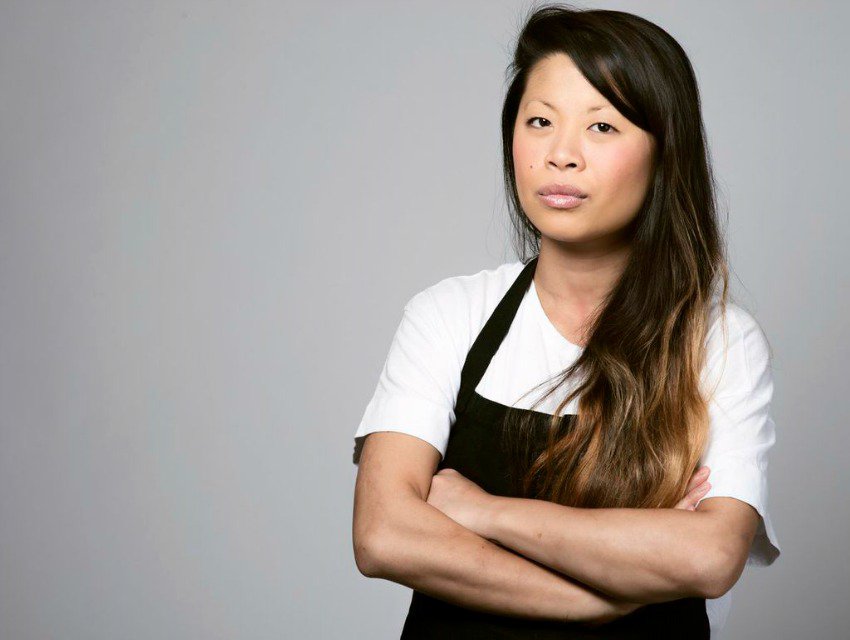The recent change in the format of The Bachelorette has been widely criticized since it was announced. Instead of one bachelorette trading in her career for a Neil Lane engagement ring, there will be two and they will compete for the “love” of 25 men. This development has turned The Bachelorette from an (albeit imperfect) inversion of The Bachelor premise to an extension of it: The franchise is now entirely comprised of women pitted against women in a competition to become someone’s wife. Which makes me wonder, is there a space for strong women in reality television?
The response I landed on is a qualified yes. If you’ve seen the most recent season of Top Chef I think you get an idea about what competition between women should look like. The show has always stood out amongst reality television for its emphasis on professionalism and avoidance of petty dramas and hookups. Unfortunately, Top Chef suffers the same gender biases that characterize the rest of the restaurant industry; in 2010 the Bureau of Labor Statistics reported only 19% of chefs and head cooks in the United States were female, but that working women spent more than twice as much time preparing meals as working men. In its eleven-season run the show only had two female winners. This season saw a third, Mei Lin, the sous chef of ink. in Los Angeles. While Lin’s win is notable in its own right, what struck me about this season was her friendship with fellow contestant Melissa King and the significance of race and gender during this season.
It’s important to note that Lin and King are Chinese-American. While race is not their defining trait, it is rare to see professional women relate and build a healthy, symbiotic female friendship based on a shared background, especially in the context of a competitive reality show. Indeed, such powerful female alliances are seldom seen on not just reality TV, but TV period. By showcasing two women of color in a healthy friendship who use their relationship to work together and win, this most recent season of Top Chef subverts the master narrative of most reality television which pits women against each other without any room for collaboration. Both chefs emphasize the lack of female winners as motivation in the competition. As Lin puts it, “there’s been a lot of female runner ups, but I ain’t tryin’ be no runner up.”
While the show seems to favor this powerful female alliance between Lin and King as a positive alternative to the stereotypical roles normally reserved for women of color on TV, this divergent narrative is complicated by the hostile reactions of their fellow contests. In episode 12, contestant George Pagonis voiced his disapproval of their lending each other support in the kitchen: “If Mei needs help from Melissa to do this challenge, I don’t care, do what you gotta to do, but if I’m going to win this challenge I’m going to win it, I’m not going to have someone else help me win it.” Minimizing the accomplishments of these two chefs on the basis of their friendship plays into the divisive ethic of the competition show — the lone wolf, “I’m not here to make friends, I’m here to win” outlook that implies that friendships and relationships are a shortcoming rather than an asset. Lin said that despite her friendship with King, “I’m here to win. I’m here to beat every single chef here,” making clear that her friendships would not dull her competitive edge. And she does win.
In the finale of the show, eliminated contestants were brought back to serve as sous chefs to the final two competitors. Lin, of course, chose King (as well as Rebecca LaMalfa) and their team was victorious. For an all-female team led by a female chef of color to win was immensely gratifying. In a television world that is often oblivious to issues of race and gender, to see a badass chef like Mei Lin win a show that is dominated by white men felt great. And I have never experienced that feeling after watching a reality show before. I genuinely hope this isn’t the last time I get have that experience.
Header image credit: Los Angeles Magazine
Disclaimer: This post was written by a Feministing Community user and does not necessarily reflect the views of any Feministing columnist, editor, or executive director.

Join the Conversation